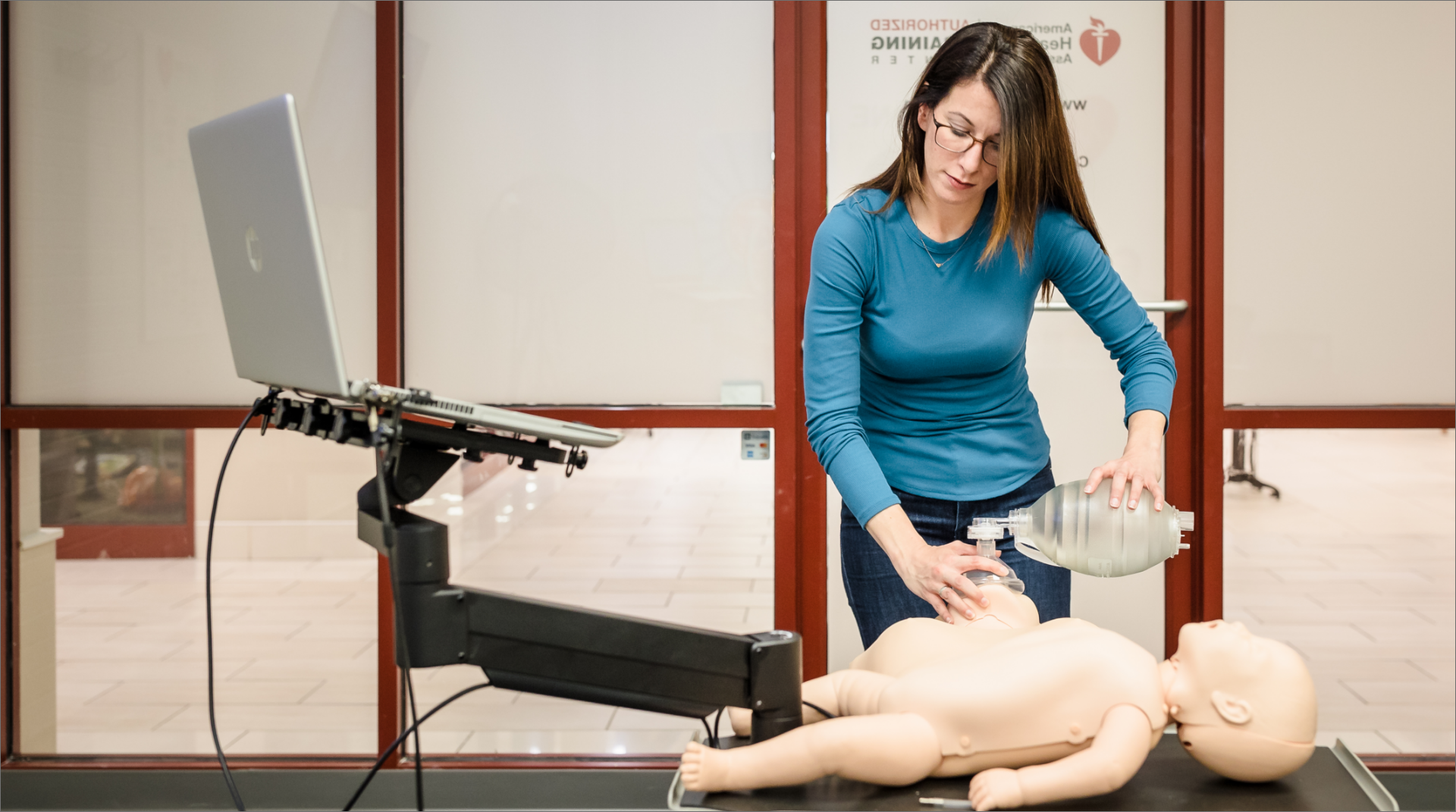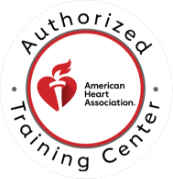

CPR Resource Center
The most comprehensive library of emergency training resources — including videos, articles, downloads, and more.


The most comprehensive library of emergency training resources — including videos, articles, downloads, and more.

It’s a common myth that students will learn all about cardiology and pharmacology while taking ACLS. Such a myth’s origin can’t be traced to any one particular specialty either. The reality is that it takes many hours of study, practice, and continuing education to be proficient in both. During ACLS, it is critically important to have a strong base knowledge of the heart’s normal electrical pathway, how different parts of that pathway are represented graphically. Be secure in your knowledge of cardiac anatomy.
Certain conditions or past diagnoses can automatically exclude or include the administration of certain medications. It’s not expected that you be as intimately familiar with every single medication as say, a cardiologist (unless of course, you are a cardiologist). A good guideline is to be familiar with the main classes of medications that you are most likely to encounter while rendering ACLS level care.
In a variety of specialties, ACLS certification may be a prerequisite for admission or required before proceeding further in a master’s program or specialty certification. In addition, certain credentialing boards may require it as a condition of reappointment or recertification. It is a good idea to check with the admissions office or appropriate governing board to have the most up to date information.
The ACLS Provider Course has a strong emphasis on many concepts. Among them, the following are of highest importance:
These concepts are likely things that you already use in your daily clinical practice regardless of your role (physician, RN, PA, CRNP, etc.). In an ACLS course, you’ll be “kicking it up a notch” (sorry Emeril) like you never have before. If successful, your patients will be the ultimate beneficiary.
We’ve all likely heard some version of the phrase There is no “I” in TEAM! Our patient(s) and loved ones want the same end result – to feel better and be on the road to recovery. We’d want to be as physically AND emotionally intact as possible. To do that, many things need to happen in the right order with the right timing. It’s kind of like the Six Rights of Medication Administration, only expanded a great deal. If everyone is simply “doing their own thing” in regards to patient care, that will decrease the possibility of the end goal of recovery. You’ll be practicing as a team as well as have an opportunity to lead a team in class.
Many of the ways that you’ll learn to care for critically ill patients revolve around algorithms of care. These provide guidelines for treatment, options for appropriate care, and methods to measure the effectiveness of treatment decisions. Guidelines are an appropriate term because not even the greatest physician, researcher, or patient care advocate can possibly anticipate every single situation regarding patient care. These algorithms are supported by elements including the primary and secondary assessments. Hey, there’s no substitute for a good H&P, right? Here’s the caveat though – no guideline, textbook, or flowchart can teach you everything you need to know about clinical decision making. That comes with time and experience. ACLS will get you well on the road.
Even if it’s your first time taking ACLS, you need to come prepared. Prerequisites include proficiency in BLS (high quality CPR), ECG rhythm interpretation, and pharmacology. Discover your own best way to study and be proficient in these areas especially.
The International Liaison Committee on Resuscitation (ILCOR) has initiated a near-continuous review (Continuous Evidence Evaluation; CEE) of cardiopulmonary resuscitation science. Previously, science was updated and guidelines were published every 5 years. Rest assured that you are getting the very latest scientific evidence based treatment guidelines.
What do you do when you need venous access and there’s no traditional peripheral access and nobody around to put in a central line? You’ll learn all about interosseous access and have a chance to practice it.
ACLS training is available in a few different forms:
It’s unpleasant and nobody likes to deal with it, but unfortunately it’s a reality. No matter how good any of us is, no matter if we do everything right, people still die. ACLS does give you some strategies for coping with death and supporting patient family in this critical time.
Code One is an American Heart Association Training Center featuring a regular schedule of Advanced Cardiac Life Support Provider, ACLS Update, and skill sessions for the Online Heartcode ACLS program. Check out our schedule by clicking any of the above courses.
Help Me Find a Course